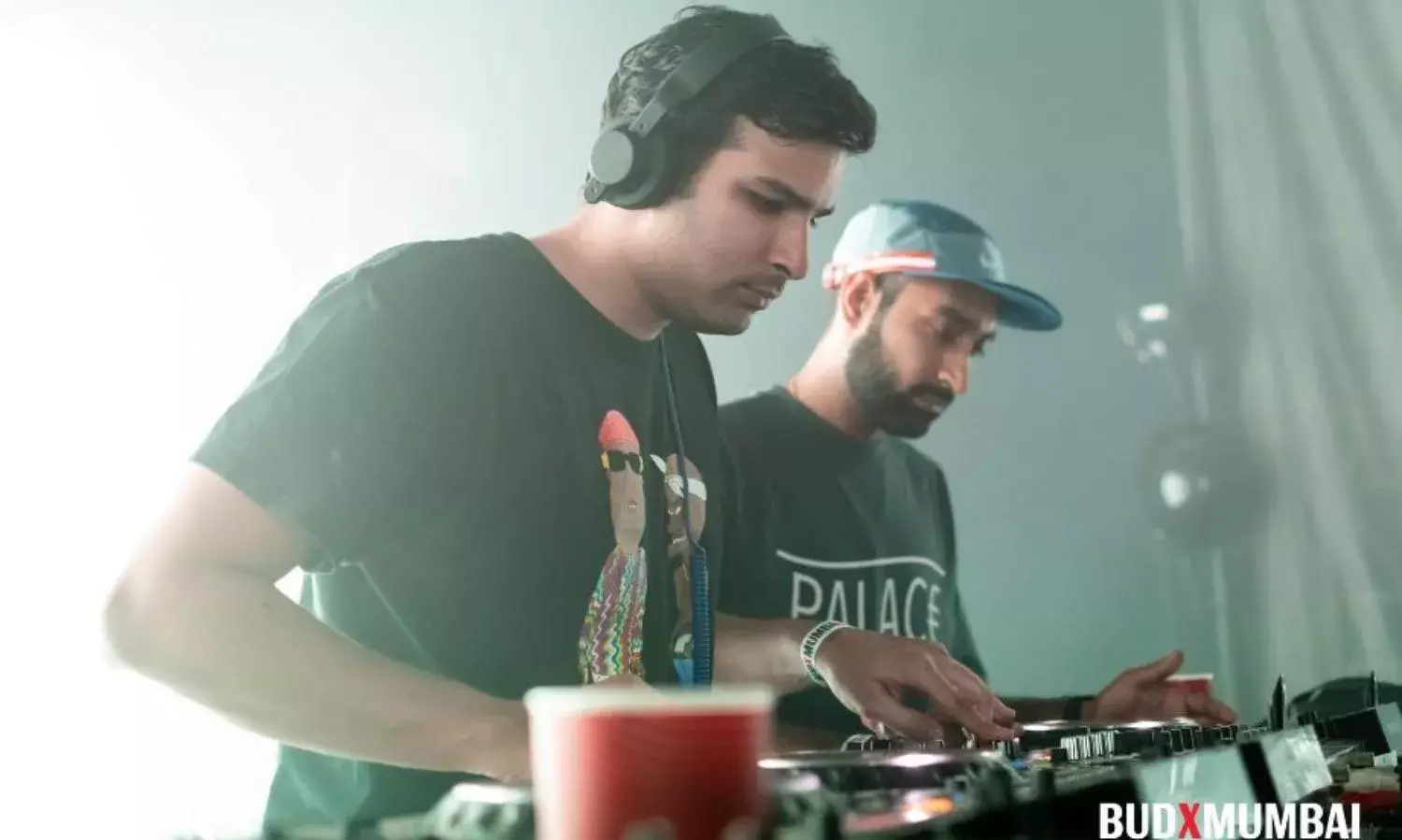Non Normative Definitions of Good Music with Neal Sekhri of MadStarBase
We speak to Neal Sekhri ahead of our event on the indie music scene

TheCitizen.in is hosting a panel discussion on the independent music scene in India, on June 20th, 6 pm, at Oxford Bookstore, New Delhi. Neal Sekhri, one half of production / DJ duo MadStarBase, is on the panel We chat with Neal about what influences MSB, the effort to experiment with styles and genres, and why good music is good music.
Find out more about the event here.
Neal Sekhri and Anant Ahuja together make MadStarBase, a production and DJ duo based out of New Delhi who accord huge importance to an exploration of genres and indigenous sounds. Initially starting as a collective that made music for fun when the two were in college, Neal and Anant took to producing and DJing as a way to explore music and its infinite manipulations.
Exploration is key to MSB’s sound - with their music hard to categorise or constrain, thereby embodying within itself the very idea of indie music. It’s unconventional, expanding and sometimes discomforting, in a good way.
“It’s not like we consciously make a decision to not be restricted and limited. It’s just that good music is good music, it could be from anywhere. As long as it resonates with us and we like it, we internally digest and that comes out every time we make music, especially when we DJ,” says Neal.
Even though their music is inspired from hip-hop and R&B and is heavily base-centric, MadStarBase uses their skills and resources to exploit and manipulate all forms of music.
“We see MadStarBase as an interpretation of the music that we have listened to and loved growing up. We repackage it and give it a fresh sound so people would want to listen to it,” Neal explains.
The most obvious materialization of this perception and belief is MadStarBase’s ‘Velvet Vixen’ which was produced under The Culture Project, a collaborative mixtape with fashion label NorBlackNorWhite and Fila. Velvet Vixen is a perfect intersection of the east and the west, an exploration of the capacities of Indian music producing a mix of R&B and Bollywood classics that, strangely enough, go very well together.
This philosophy is also reflective of the diaspora Neal and Anant belong to, having completed school in India and college in the United States.
Neal and Anant provide a refreshing take on what’s cool - in the sense that they do not think of or consider cliched definitions of what people think is cool or what would sell to a mass audience. Their work is a form of self expression and the music that they produce is the kind of music they want their audience to be open to listening.
That’s not to say that they don’t care about their audience - but rather, that they want the audience to experiment with them. In the process, hoping perhaps to build themselves into something with a more diverse audience. “We want more people -- more diverse people -- to be dancing to our music. Everyone should have a good time no matter where you’re from,” says Neal
In all of MadStarBase’s Bollywood remixes, what is most obvious is that the original music has not been changed or disrespected in any way; its essence remains. The remixes, thus, become some form of an extension of the original music.
“We like the original music to shine through, we don’t want to redo the whole thing and then make it new. We wanted to give it like a new twist that is slightly different that you can still enjoy but maybe enjoy it more in the club or maybe in a more dance-y atmosphere,” says Neal.
The music that MadStarBase create has the capacity to make people see the same music in a completely different light. And that’s perhaps the goal.
Neal and Ase (as Anant is known) love to work with different artists and brands. “We love collaborations. That brings out a lot more in us in certain aspects of our production and music style. It’s just really fun to collaborate.”
The two are also active contributors to Boxout.fm, an online community radio that provides a space and platform to alternative art and culture. (Mohammed Abood, chief curator of boxout.fm, is also on our panel on June 20).
In a world where traditional radio is struggling to survive alongside mainstream content, alternative music choosing to use online radio as a medium is an interesting (read brave?) decision.
“Online radio is a good way to reach a lot of people but then it limits. People will not necessarily log onto a website to navigate music. If we could get independent music on traditional radio -- that would be a huge step forward in terms of educating the Indian public about independent music,” says Neal.
Being part of the independent music community and also fans of good music, Neal and Anant have positive perception of India’s growing music scene. With the industry expanding and exploding in the last two years, independent music has gone from non-existent to a point of popular visibility. MadStarBase is excited to see artists begin to get their due - in the form of platforms and opportunities to showcase their talent.
“I really think we have enough skills in this country; we can easily be considered against international scenes. We have talented producers here who were not getting the views, listens and that’s slowly changing now,” says Sekhri.
India has failed to tap into the talent of the independent music scene only because the very principle of indie music -- its openness and diversity, hasn’t yet reached the masses.
In a world where audiences are rarely receptive to non-normative definitions of good music, MadStarBase hopes to change the way people see and experience music. It is about time we see music as a medium for reflection, apart from just entertainment.
RSVP here.



